Earlier this week, luxury French house Hermès announced the official opening of its newest leather goods production site. This – it’s 19th – is in Gironde, located in the Southwest of France. According to Hermès, the workshop will create 260 jobs locally. It also will help Hermès keep up with the continued global demand for its bags.
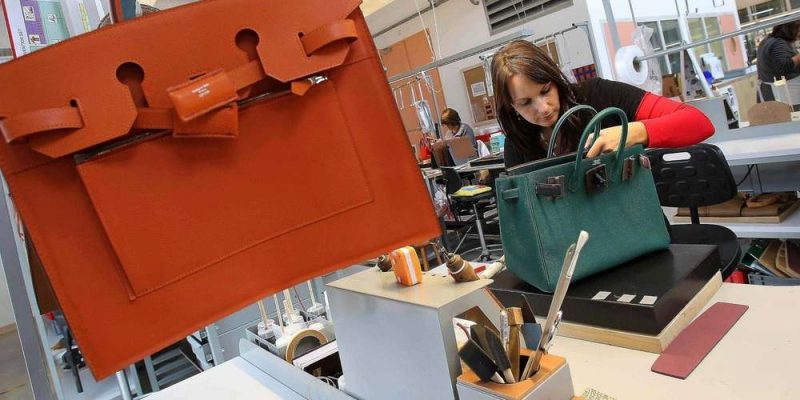
Image Credit: Luxus-Plus
It is this demand, however, that sparked a controversy concerning the house – specifically in Asia. Earlier this year, it was reported that throughout the pandemic, the Asian economic subsector was the driving force for growth in demand in the luxury market. In fact, the Chinese market specifically now accounts for the majority of this demand.
Between traditional demographics and the new (and ever thriving) GenZ consumer segment, the Chinese market now is more attractive than ever. Competition continues to grow between top luxury brands to meet the snowballing desire for these goods. However, these same shoppers are starting to cry foul regarding access to desired goods. According to them, some retail practices are “smoke and mirrors.” Hermès has particularly been the target of these accusations. So what exactly is going on?
The Peihuo Problem
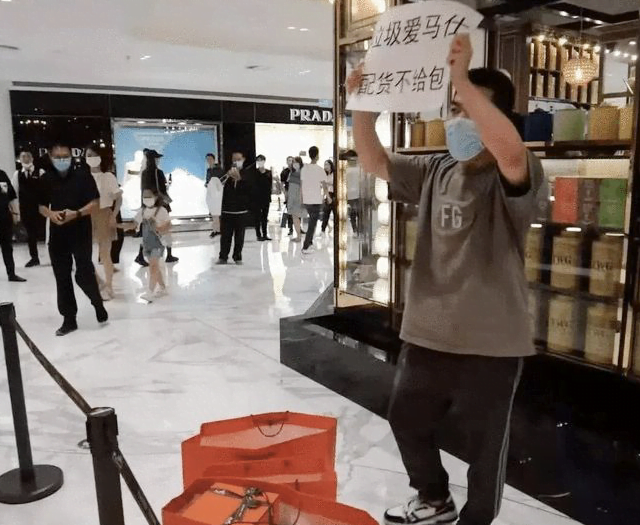
Image Credit: “DZ” on Xiaohongshu
We recently reported that Chinese shoppers are engaging in protests outside Hermès boutiques in cities across the country. They object to a practice known domestically as “peihuo”- whereby one is required to purchase several smaller, less desirable items, in order to be given access to those they truly wish to buy. In fact, the image of a disgruntled shopper outside an Hermès boutique with a sign that reads “rubbish Hermès- peihuo but no bag” went viral.
The movement gained momentum in China. Many claim that Hermès is taking advantage of the skyrocketing demand for their items, and intentionally withholding sought after supply of handbags so as to market and sell its less popular products.
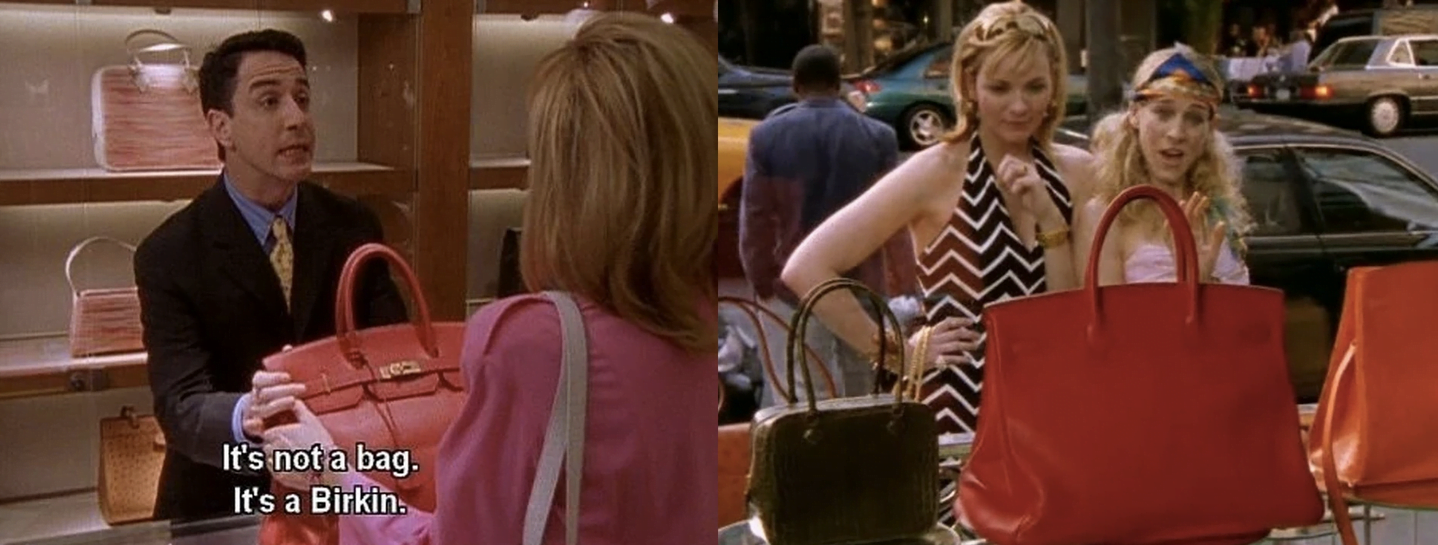
Image Credit: Sex and the City, HBO
So what does Hermès have to say about this? Is it true what it said about the process of acquiring a Birkin or Kelly? Oddly enough, this notion has been rewrapped and regifted within the luxury community before. Back in the early 2000s, shows like Sex and the City fortified the concept of the Hermès waitlist – one that often stretched into the months and years.
More recently, however, the age of social media has seemingly decided to key into this ‘peihuo’ system. The internet is now bursting at the seams with videos and blogs instructing eager clients on which items are better to purchase than others, and which will more likely lead to an offer of a quota bag.
The World According to Hermès
A recent article in Women’s Wear Daily (WWD) quotes Guillaume de Seynes, Hermès Managing Director, about the existence of such a system:
This is not a company-endorsed policy…what is true is that most markets have to manage scarcity. That means managing waiting lists, and sometimes managing disappointment and long wait times.
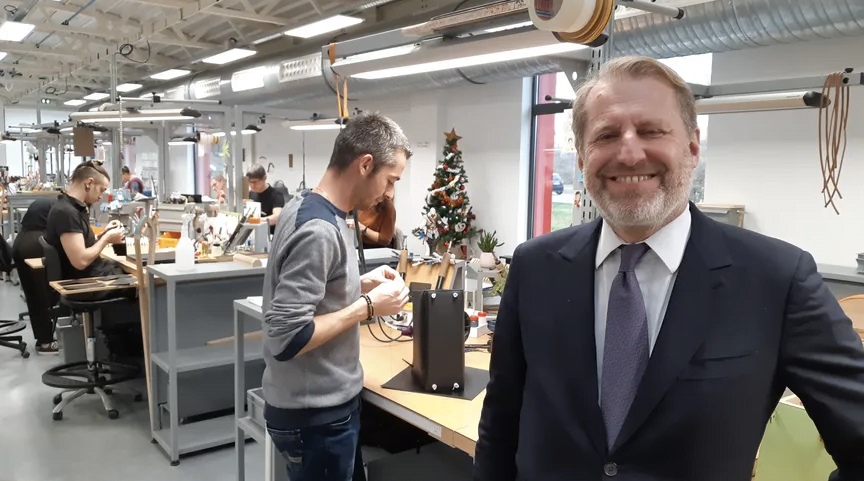
Guillaume de Seynes, Hermès Director at a leather workshop in Val-de-Reuil, Image Credit: Radio- France
He also added that
It is very frustrating for us not to be able to satisfy everybody. At the same time, we’re not doing it to create an artificial market. We’re doing it because we’re not going to lower our quality standards, which are based on an artisanal production model that is growing as fast as it can.
Your Story, My Story and the Real Story...
It should be noted that despite the inauguration of this newest leather workshop, Hermès production will not immediately increase. In fact, the new location will not technically be fully functioning for another 18 months. This is the length of time it takes to train new artisans.
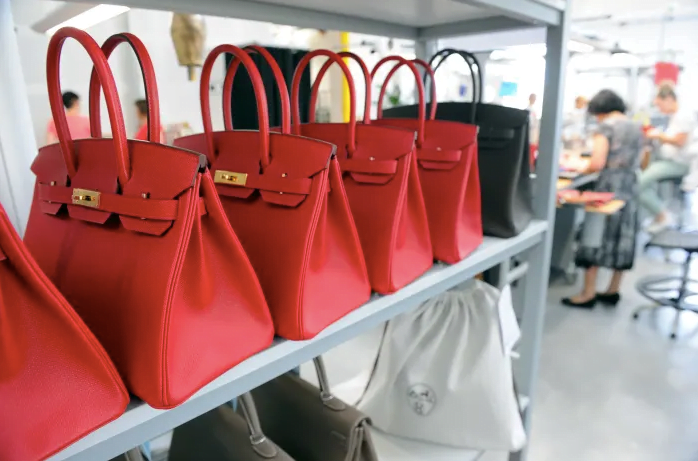
Image Credit: Mehdi Fedouach//AFP/Getty Images
A quote that comes to mind is this, concerning the nature of truths, and how there are always three sides to every story (not two, as is commonly believed): your story, my story and the real story. So who, if anyone, is right here? Or is the truth somewhere in the middle? Is the existence of a ‘peihuo’ system simply outlandish? On the other hand, are slivers of it actually present in some of the ways Hermès does business? Knowing that its handbags are simply the most coveted bags ever – period, is Hermès working the game of supply and demand to its favor?
What do you think about de Seynes’ statement? Are you encouraged at the prospect of more leather production sites popping up across France? Do you think that Hermès really wants to fully meet practically out-of-control global demand? For Hermès, is it a choice between higher revenue or exclusivity?
Love, Pursebop
XO
Updated: September 18th, 2021





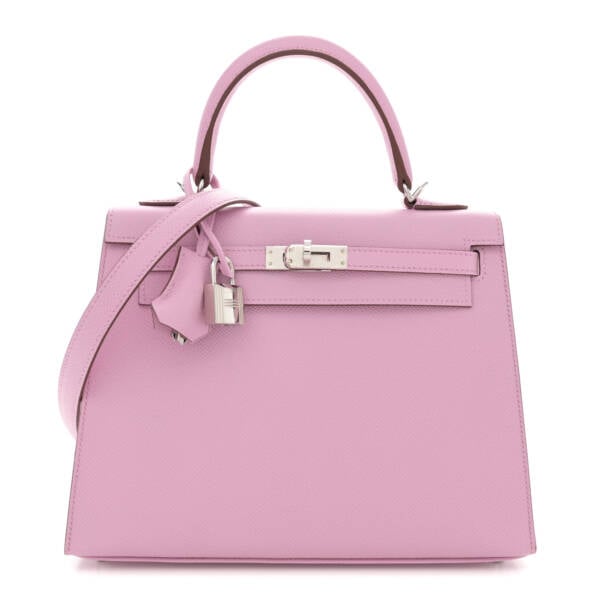
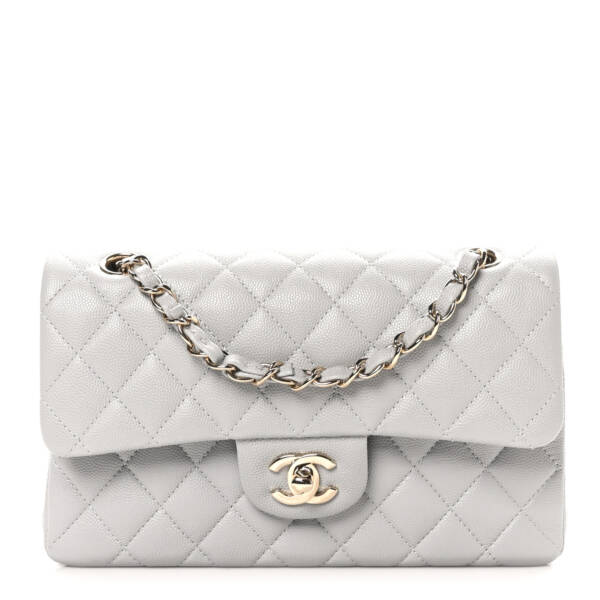
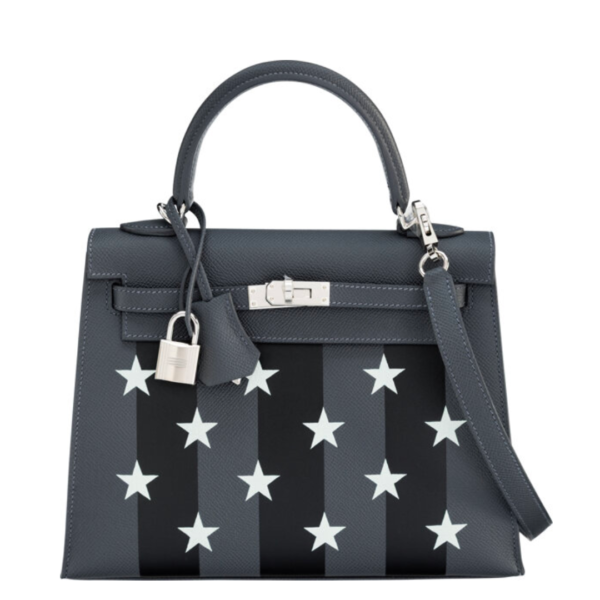


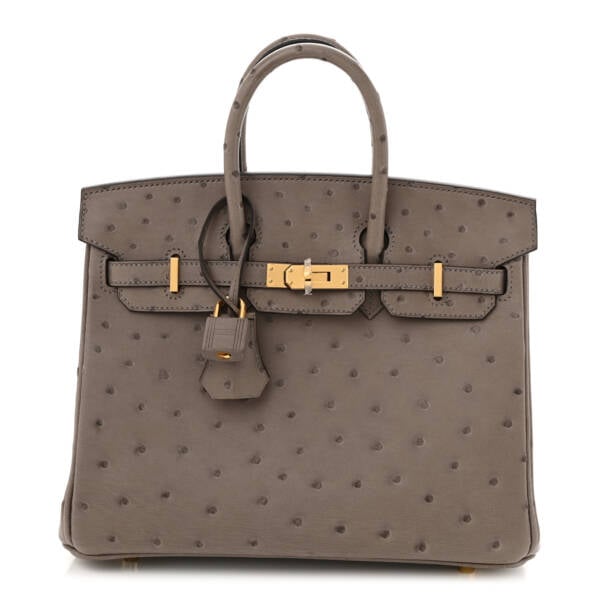
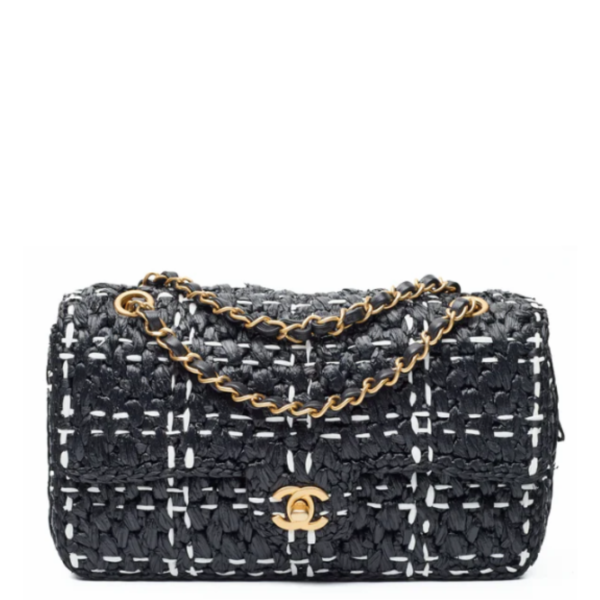
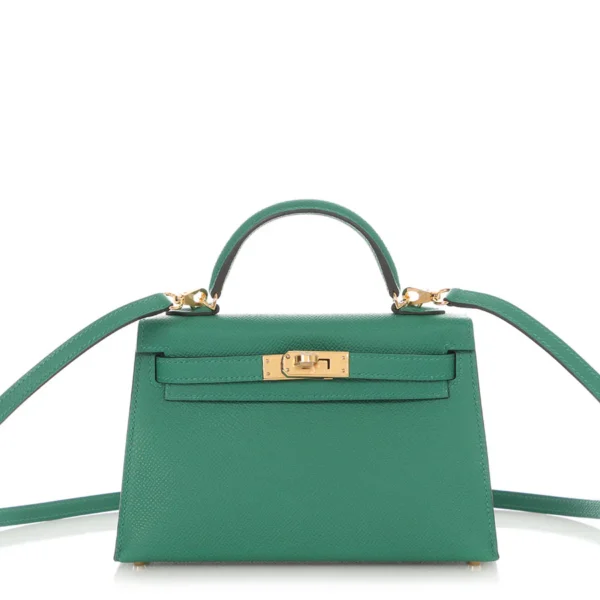




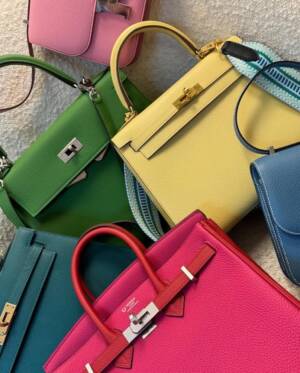




Comments